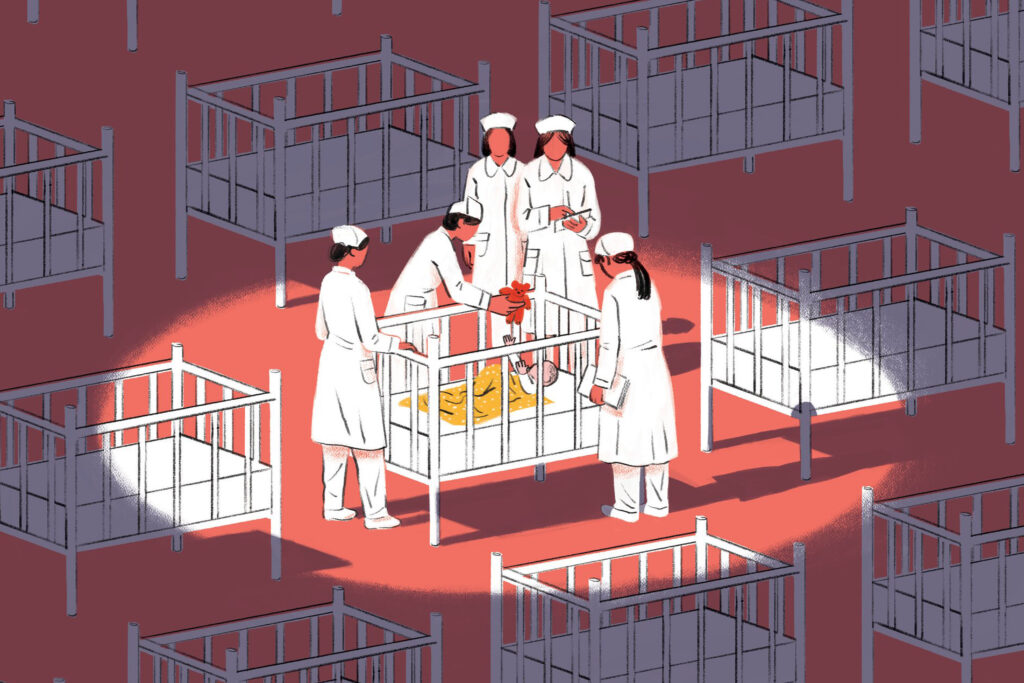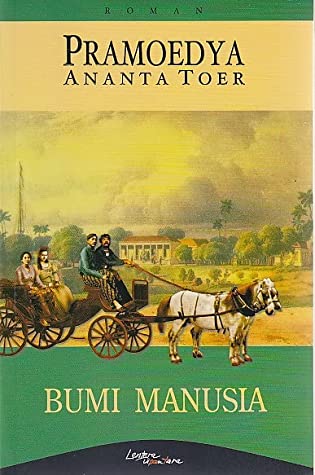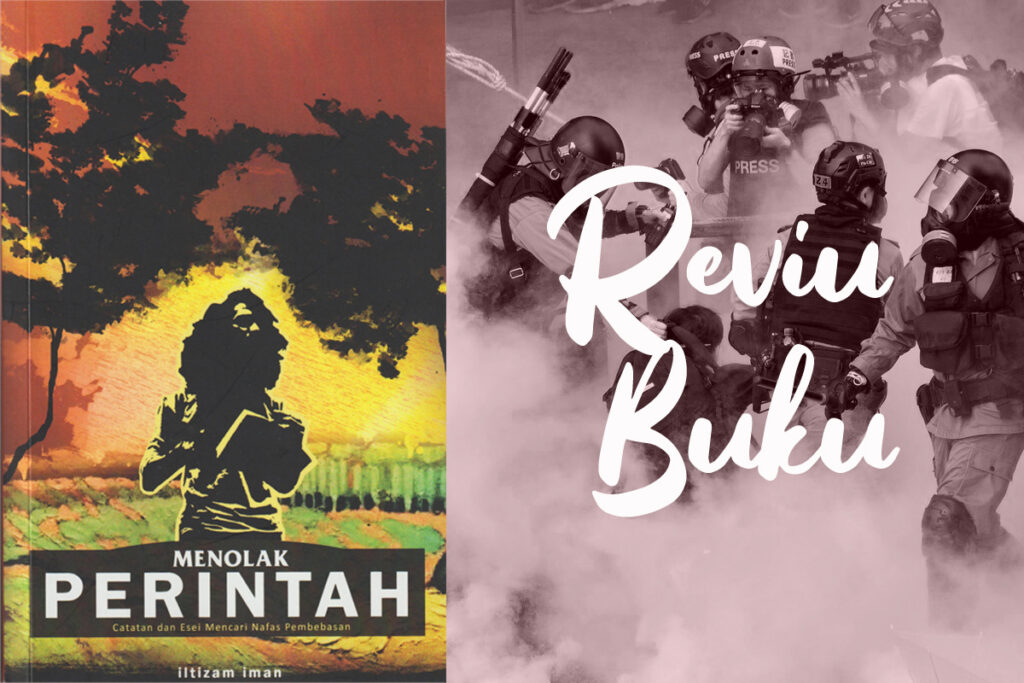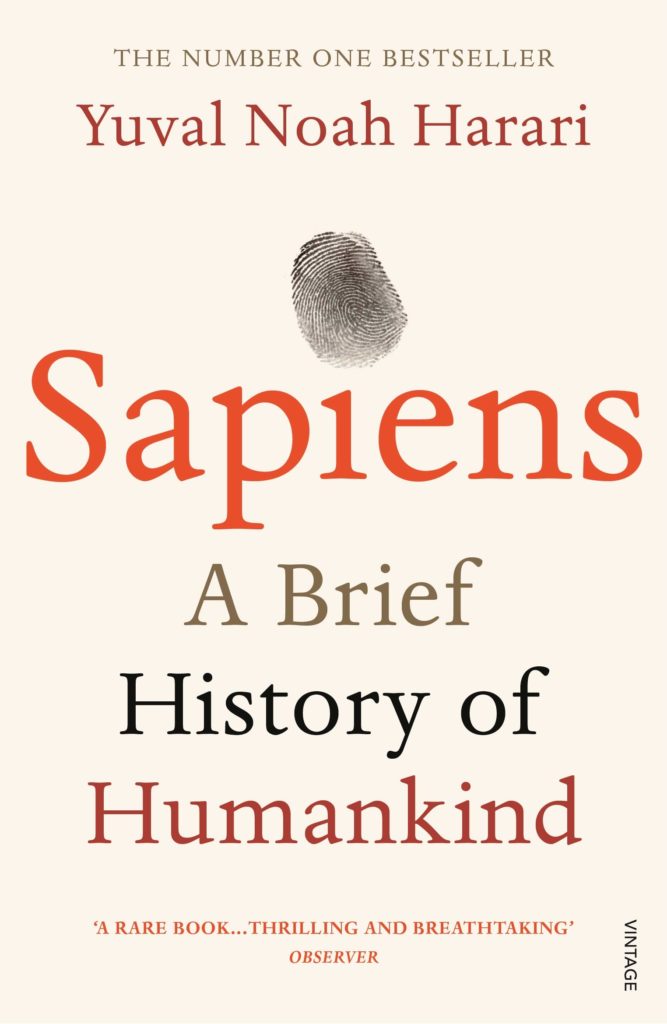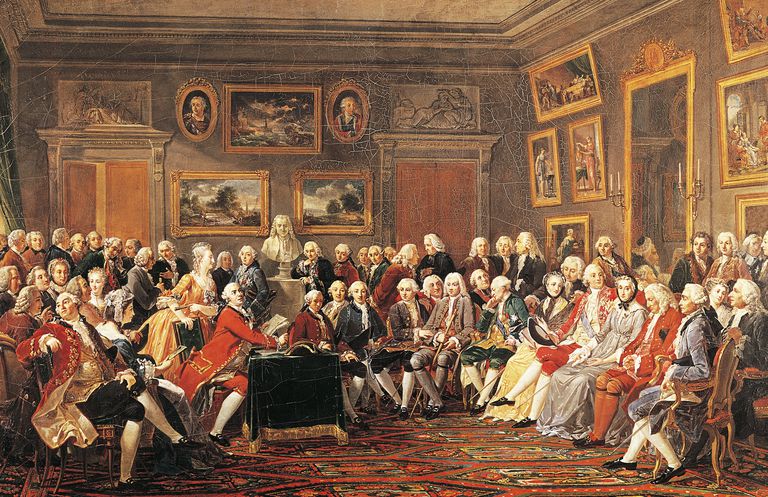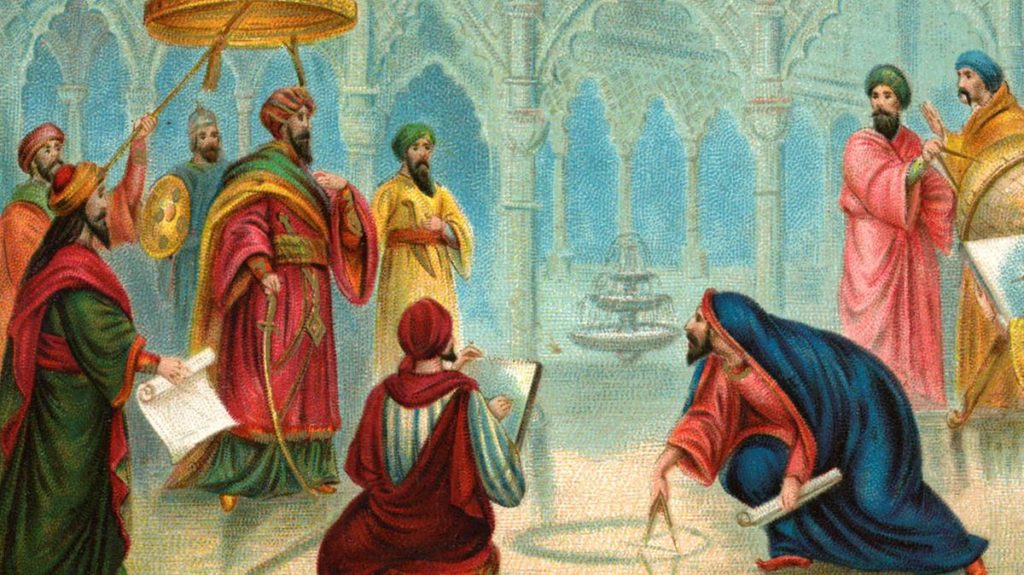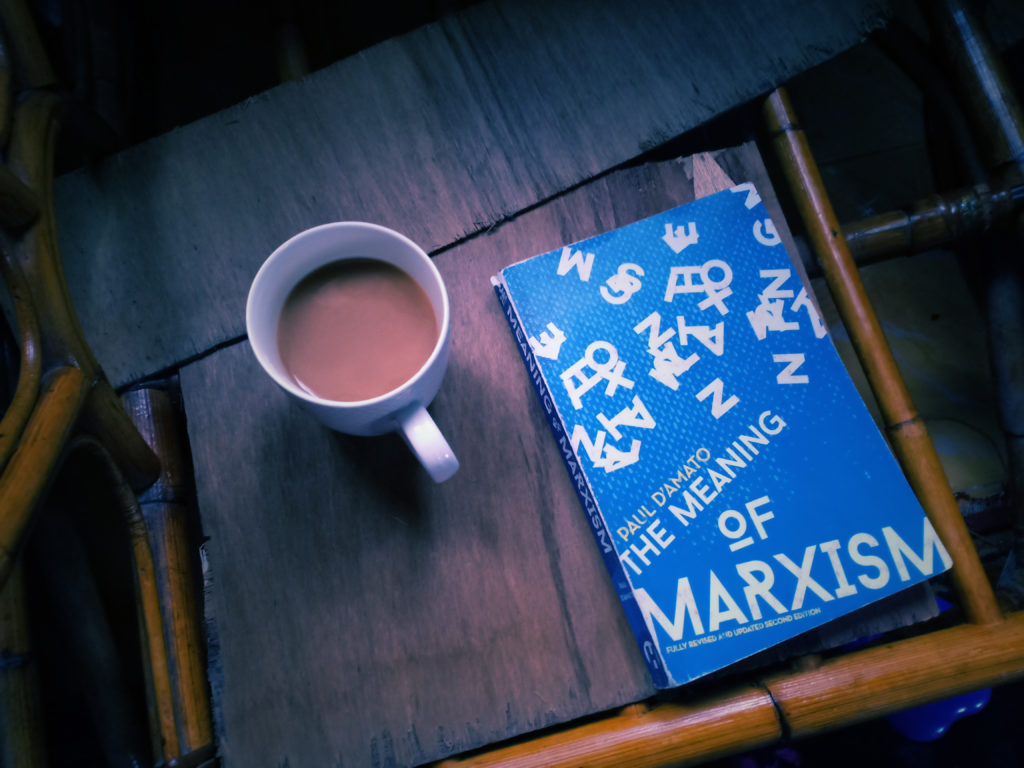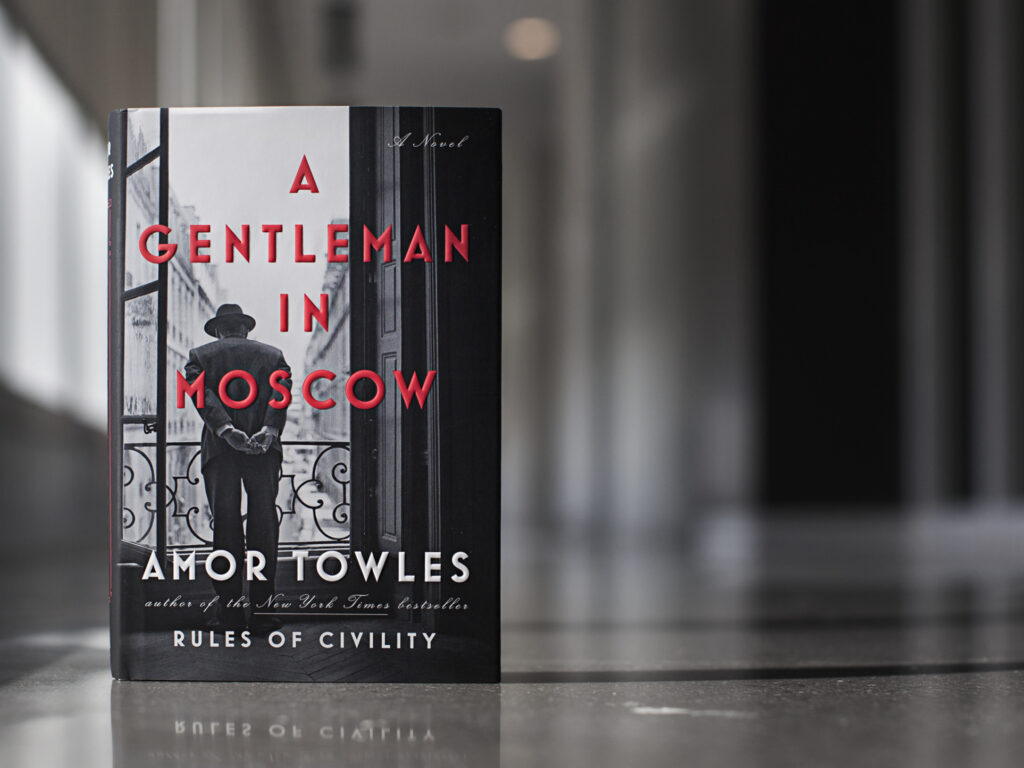
A Gentleman in Moscow – Amor Towles
Kalau anda merupakan pengikut Bill Gates di media sosial beliau, pada pertengahan tahun lepas, beliau pernah mengulas tentang buku ini di laman blognya, GatesNotes. Buku ini juga telah mendapat sambutan yang baik dan menjadi salah satu karya finalis bagi kategori fiksyen untuk Kirkus Prize pada tahun 2016.
A Gentleman in Moscow ini merupakan salah satu novel dari Amor Towles, seorang penulis yang berasal dari Massachusetts, Amerika Syarikat. Buku ini berkisar tentang Count Alexander Ilyich Rostov, yang berasal dari Saint Petersburg, Russia. Amor Towles menggambarkan Count Rostov ini sebagai seorang yang meminati karya seni seperti lukisan, sastera, filosofi, etika dan budaya bersesuaian dengan wataknya yang merupakan seorang aristokrat.
Selepas Revolusi Bolshevik, kebanyakan golongan aristokrat di Rusia telah dipenjara, malah ada yang dikenakan hukuman mati kerana golongan aristokrat ini dianggap sebagai satu masalah sosial. Count Rostov juga menerima nasib yang sama apabila beliau dikenakan tahanan rumah seumur hidup di sebuah hotel di Moscow yang bernama Hotel Metropol. Di hotel inilah Count Rostov menghabiskan puluhan tahun dari hidup beliau, dengan menjadi pelayan di restoran mewah Boyarsky.
Membaca novel ini umpama membaca fikiran Count Rostov dalam kehidupan sehariannya di hotel itu. Walaupun Count Rostov ini berubah dari seorang aristokrat menjadi seorang pelayan restoran, beliau tetap meneruskan kehidupannya dengan prinsip hidup dan etika yang tinggi sehinggakan terdapat pelbagai watak yang menjadikan beliau sebagai rujukan dalam pelbagai hal. Contohnya Osip Ivanovich Glebnikov, seorang kolonel Soviet yang sering bertemu dengan Count Rostov untuk mempelajari bahasa dan budaya orang Amerika dan akhirnya menjadi sahabat baik.
Secara keseluruhannya, sebagai seorang yang pernah tinggal di bumi Soviet, saya suka cara Amor Towles mengolah latar belakang novel ini. Cara penulisannya menunjukkan beliau mempunyai pengetahuan yang baik dari segi sejarah dan geografi bumi Rusia sehingga pada awal membaca novel ini, saya menyangkakan Amor Towles ini merupakan seorang penulis dari Rusia. Novel ini juga bakal diadaptasi menjadi filem. Buat yang meminati filem, saya sarankan anda untuk menonton karya Amor Towles ini.
Count Alexander Ilyich Rostov
A king fortifies himself with a castle,’ observed the Count, ‘a gentleman with a desk.

Part time independent writer and podcaster from Northern Malaysia.
